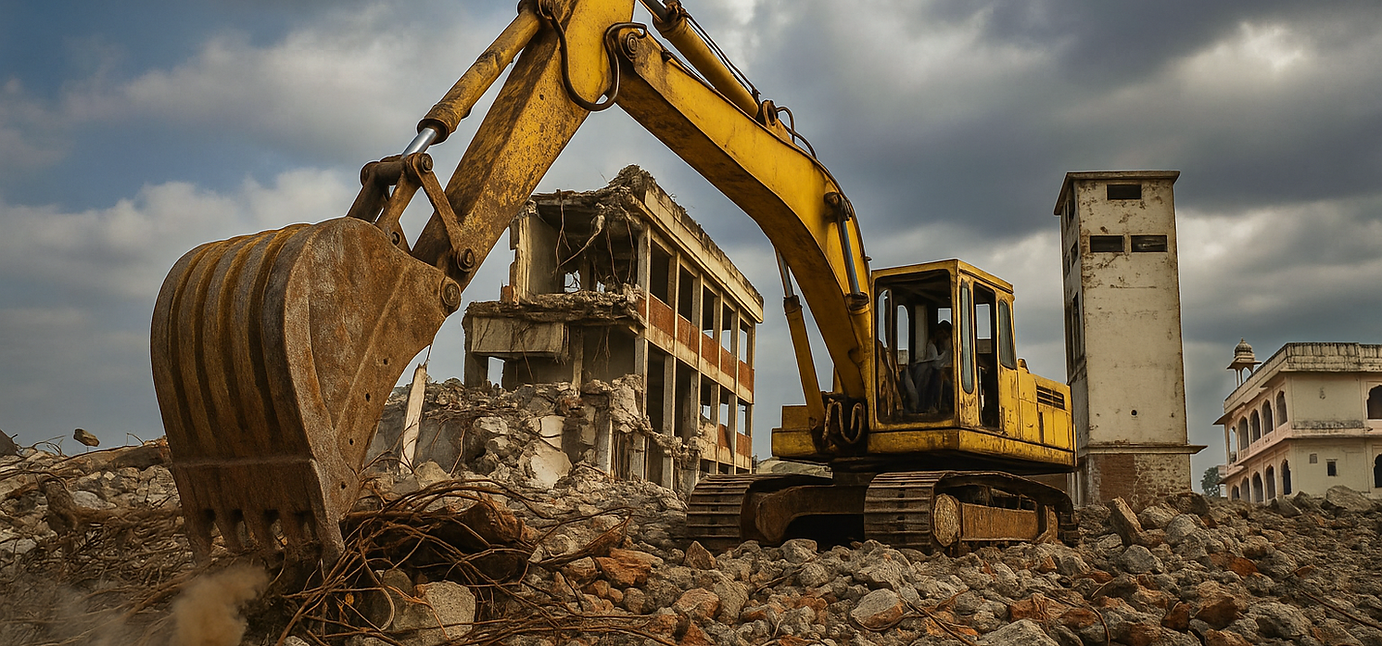
IMPACT
CarbonCraft is making.
Economical, Environmental and Social.
We transform industrial waste like steel slag, construction & demolition debris, and quartz powder into carbon negative tiles, reducing the carbon footprint of construction. At the same time, we empower local artisans especially women by preserving traditional craftsmanship, creating dignified livelihoods, and fostering community resilience. Together, we’re building a future where waste becomes a resource and craft becomes a catalyst for change.
Environmental Impact
Environmental Impact and Solutions for Steel Slag, Quartz Waste, and C&D Waste
Steel slag releases heavy metals, harming soil, groundwater, air, water bodies, and land. Quartz waste in Kishan Garh compacts soil, clouds groundwater, creates dust, and clogs water bodies. C&D waste pollutes soil, water, and rivers, generates dust, and strains urban land. CarbonCraft transforms these into sustainable materials since 2016, using 1.9 kg of byproducts per square foot in the 2025 wall series.
5.5 Billion+ tonnes
of industrial waste generated annually worldwide from mining, manufacturing, power, and construction industries.
<10% recycled
Most industrial waste ends up in landfills or open dumps, releasing toxins into soil and air.
300 Million+ tonnes

of construction & demolition (C&D) waste generated in India alone (2022) with less than 1% officially recycled.
Social Impact
Women Empowerment
CarbonCraft empowers women with jobs in tile-making since 2016, boosting economic independence, though impact varies locally as of
Stencil Makers
Stencil makers craft unique city-inspired patterns in a 15-day process, blending culture with sustainability for CarbonCraft tiles.
Tile Setters
Tile setters apply handcrafted tiles with training, enhancing skills for sustainable construction, with potential for broader inclusivity.
.











